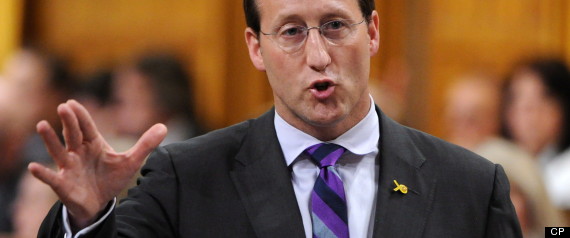ANAHEIM, Calif. — An Anaheim officer-involved shooting that left an unarmed man dead and led to a violent weekend clash between witnesses and police stirred anger for a second night.
Protesters gathered near the shooting scene Sunday night set fire to a trash bin and rolled it into the street several times as police monitored the scene from a helicopter.
The tense scene followed a day of protest where a crowd stormed the police headquarters lobby as the police chief prepared to hold a news conference to discuss the case.
Protesters gathered near the shooting scene Sunday night set fire to a trash bin and rolled it into the street several times as police monitored the scene from a helicopter.
The tense scene followed a day of protest where a crowd stormed the police headquarters lobby as the police chief prepared to hold a news conference to discuss the case.



































